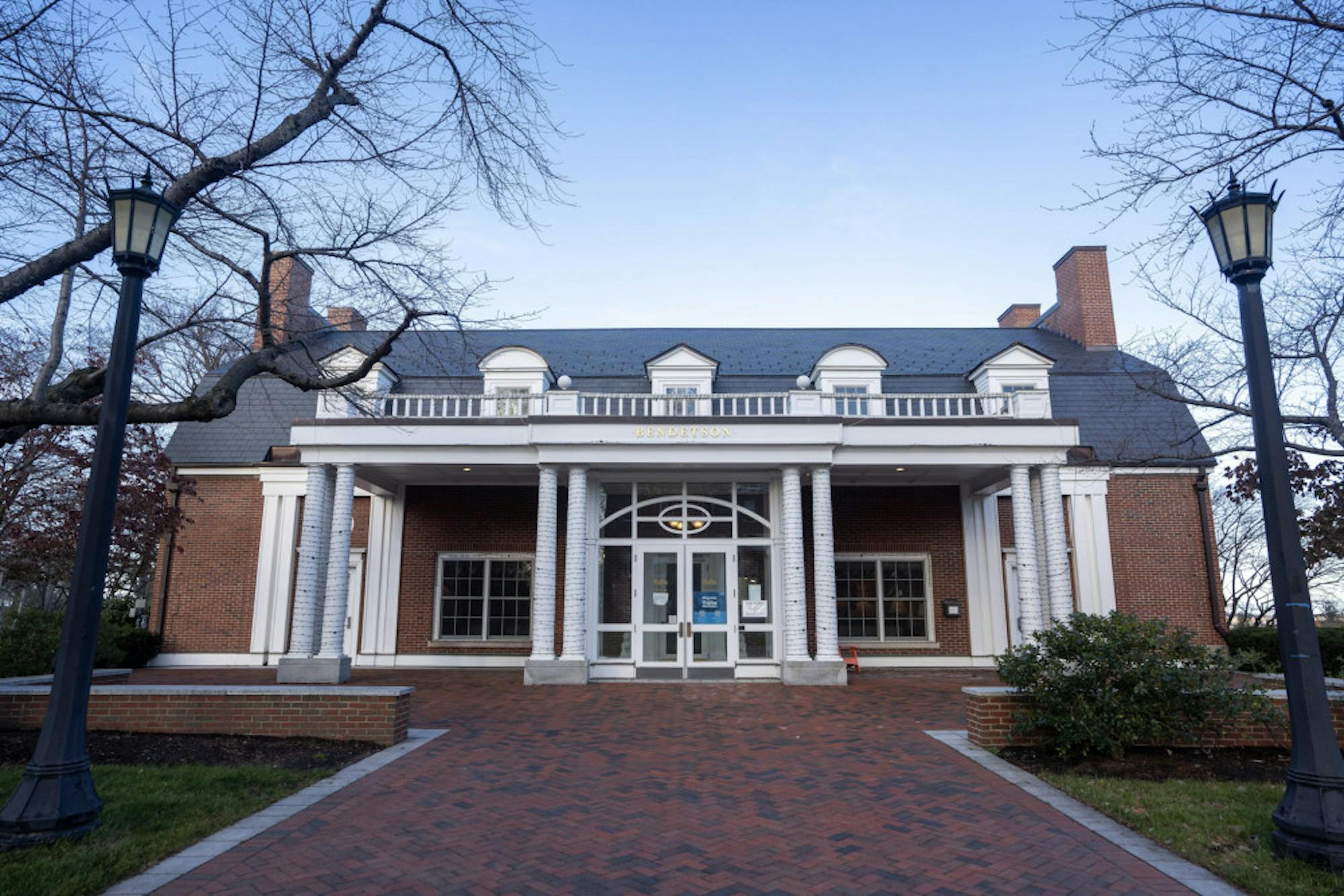On Monday, Oct. 31, the Supreme Court heard arguments about whether the race of applicants should be considered during the college admission process. These cases were raised against Harvard College and the University of North Carolina. The conservative supermajority on the Court seems prepared to overrule the landmark precedent from Grutter v. Bollinger, the 2003 case that made affirmative action policies in college admissions legal.
Hours after the Supreme Court heard arguments in both Students for Fair Admissions Inc. v. Presidents and Fellows of Harvard College and Students for Fair Admissions Inc. v. University of North Carolina, University President Anthony Monaco released a statement reminding readers that Tufts signed an amicus curiae brief, a legal document filed by a party that has a strong interest in the outcome of a court case, regarding the role of affirmative action policies in admissions practices.
“Tufts University recently joined several institutions of higher education in submitting an amicus curiae brief in support of Harvard and UNC, and the use of a holistic, individualized college admissions process that considers many factors, including race,” Monaco wrote in the statement.
Monaco also expressed support for the consideration of diversity in admissions practices, mentioning Tufts as an example of an institution that benefits from a diverse student, faculty and staff body.
“As research, and our own institutional experience affirms, diversity, in all its forms, drives institutional excellence,” Monaco wrote. “I firmly believe that one of the most distinctive attributes of a Tufts education is the variety of backgrounds and perspectives that our students, faculty, and staff bring to campus that enrich the educational experience.”
James Glaser, professor of political science and dean of the School of Arts and Sciences, predicts that the Supreme Court case will impact the university’s admissions practices, although the extent of this change is unknown as of now.
“It’s hard to know exactly what will come from the Supreme Court later this term,” Glaser wrote in an email to the Daily. “It’s likely that the Court will compel changes to university admissions practices. We don’t know how broad the decision will be, however.”
Glaser affirmed that the Tufts admissions office is proactively considering necessary modifications to their practices since the court decisions are expected to influence admissions outcomes for the Class of 2027.
Mary Jeka, senior vice president and general counsel of the University Relations division, noted that Tufts is preparing for various outcomes of the two admissions court cases.
“The Tufts Office of University Counsel has been carefully watching the SFFA v. Harvard and SFFA v. UNC cases and are preparing for potential outcomes,” Jeka wrote in an email to the Daily. “We were pleased that Tufts was able to participate in the filing of an amicus brief which well-articulated the long-standing precedent in support of and many of the mission critical reasons for diversity on campuses across the country.”
Glaser anticipates that, while the Supreme Court cases will have great influence over university and college admissions practices, Tufts will continue to value and strive for diversity in admissions.
“Affirmative action has been an important vehicle for assuring diversity in our classes,” Glaser wrote. “That diversity is important to this and to many other universities. We may well have to change some of our admissions process, but Tufts’ commitment to diversity will certainly continue.”
Patrick Collins, executive director of media relations at Tufts, emphasized the university’s commitment to diversity despite the uncertainty regarding the outcomes of the cases.
“We won’t know the court’s ruling until next year, but we are taking steps in the interim to consider our options depending on a number of scenarios,” Collins wrote in an email to the Daily. “Regardless of the outcome, President Monaco has emphatically stated that the university will continue to be committed to diversity in all its forms.”
Collins, like Monaco and Glaser, highlighted the importance of diversity to the quality and impact of a Tufts education.
“We believe that the variety of backgrounds and perspectives on our campuses is one of the attributes that make a Tufts education distinctive and transformative,” Collins wrote.






